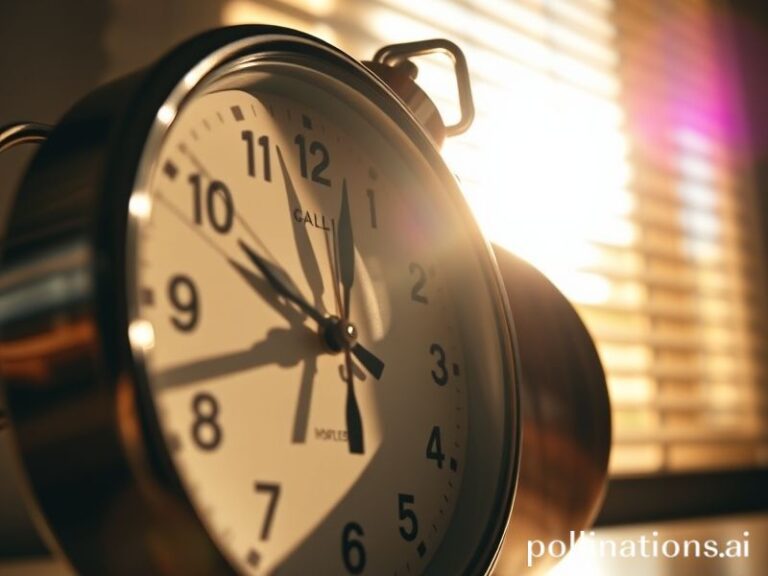rugby league scores
Rugby League Scores: A Global Scoreboard of Controlled Mayhem and Diplomatic Collateral Damage
By Our Correspondent, Nursing a Sore Neck from Watching Too Much Replay Footage
If you’ve ever wondered why the planet feels slightly off-kilter every Monday in (northern) autumn, it’s because 13 men per side have spent 80 minutes assaulting one another’s ligaments for the privilege of seeing a set of digits tick upward. Rugby league scores—those deceptively simple integers that scroll across betting apps from Parramatta to Pontefract—are, in fact, tiny seismic events, shifting tectonic plates of national ego, television rights, and the delicate self-esteem of island nations whose entire GDP could fit inside the Roosters’ salary cap.
Take last weekend: Australia 48, Samoa 4. On paper it looks like the kind of mismatch normally reserved for UN Security Council votes. Yet the score reverberated from Apia to Auckland like a coconut dropped from the International Date Line. Samoa’s Prime Minister, who had earlier declared a national half-day holiday in anticipation of divine favor, quietly rescinded the decree and blamed “external factors”—a diplomatic euphemism for “Valentine Holmes can run faster than our entire customs department.” Meanwhile, in Canberra, the victory was celebrated with the solemnity of a weapons contract renewal. One senator likened the margin to “a robust foreign-aid package, only with more shoulder charges.”
Across the Channel—yes, rugby league still insists on calling twenty miles of salt water “the Channel” as if airplanes never happened—England staggered past Tonga 26-4 in a match whose highlight reel resembled CCTV footage of a pub car park at 2 a.m. The Guardian ran a think-piece arguing the score proved Britain’s post-Brexit resilience; the Sydney Morning Herald countered that it merely confirmed Tonga’s jetlag. Both papers sold extra clicks, proving once again that the only true winner was the algorithm.
But the real geopolitical tremor came from the Americas. Canada, a country more traditionally associated with apologizing for existing, defeated Jamaica 62-8 in a qualifier held in a Florida rugby stadium so empty it could have doubled as a TED Talk on existential despair. CONCACAF officials watched nervously: if North American broadcasters ever figure out that rugby league games contain actual scoring, soccer’s cherished 0-0 draws might start looking suspiciously like performance art.
In France, the scoreline Catalans Dragons 30, Wigan 10 was greeted with the sort of existential shrug Paris reserves for Anglo-Saxon anguish. Le Monde buried the result on page 17 between an obituary for a Left Bank philosopher and an advert for butter. Yet the implications are dire for the European Super League: if southern France keeps winning, the English may have to learn the words to “La Marseillaise,” an outcome more traumatic than any spinal injury.
Perhaps most poignant were the Papua New Guinea Hunters, who lost 22-24 to the Ipswich Jets in a thriller decided by a last-minute field goal. In Port Moresby, power flickered out seconds after the kick—some say sabotage, others unpaid electricity bills. Either way, the final whistle plunged an entire nation into darkness, which felt oddly fitting: a reminder that every uplifting sports narrative is just a blackout away from reminding us the lights can go out anywhere, anytime, for any reason.
What do these scores actually mean, beyond the obvious arithmetic and orthopedic carnage? They are miniature balance-of-power statements, scored in tries rather than treaties. Each digit is a proxy for soft-power influence, broadcast revenue, and the quiet hope that somewhere, a kid in Honiara or Halifax is choosing between algebra homework and practicing spiral bombs—usually picking the latter because compound interest is harder to catch.
So when you next refresh that live-score app, remember you’re not merely observing sport. You’re watching nations negotiate their insecurities in eight-point increments, refereed by someone who once taught high-school metalwork and now has to separate 30-stone prop forwards with the equanimity of a UN peacekeeper. The final whistle blows, the numbers freeze, and the planet tilts imperceptibly back onto its axis—until next weekend, when the universe will require another controlled dose of mayhem to keep spinning.







